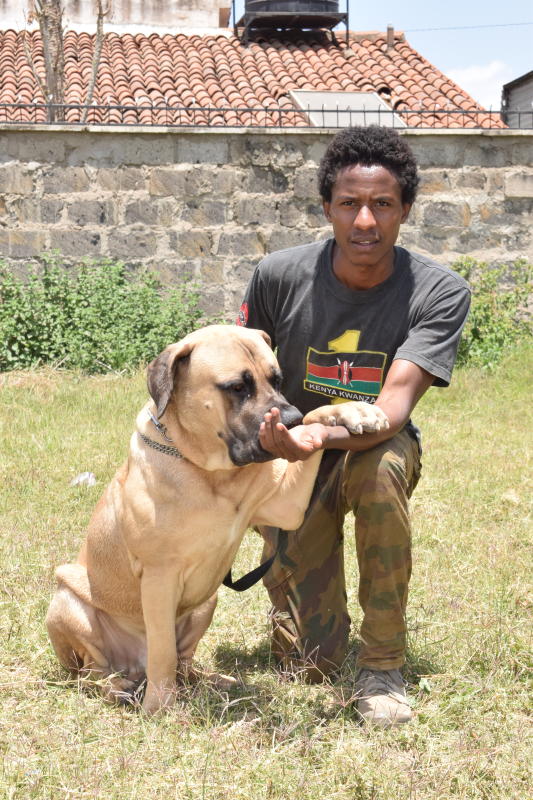×
The Standard e-Paper
Fearless, Trusted News

Alfred Mbeka, 24, holds a diploma from the South Africa Dog Training College and a business management student at the Kenya College of Accounting. He talks to Hashtag about the course he took.
1: Tell us about dog training